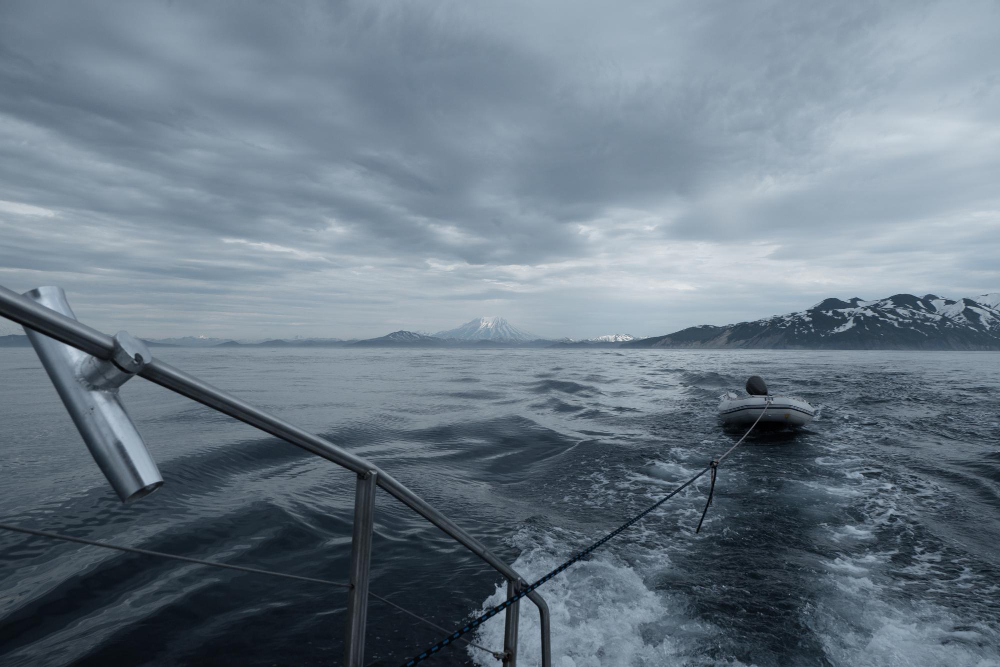Safety Tips When Boating in Rough Weather

Boating is an enjoyable activity that can be made even more pleasurable by being well-prepared. However, if there's a rough weather condition, one must take extra caution and follow the right steps. It's essential to be prepared for the possibility of bad weather and understand the necessary steps to stay safe while boating in such conditions.
This blog post will provide high-quality safety tips to help you navigate safely and enjoy boating even in harsh weather conditions. Let's take a closer look at the proper precautions you need to take when boating and what can be done to stay safe in rough weather.
1. Check weather updates
Before heading out in the water, checking the weather forecast is crucial. If there's a possibility of harsh weather conditions, such as high winds or storms, it's best to postpone your boating activity to avoid any danger. However, if you're already in the water, it's essential to be aware of any changes in weather conditions and adjust your plans accordingly.
2. Wear the right gear
If the weather conditions are conducive to boating, the next step is to ensure that you have the right gear. Life jackets, for instance, must always be worn by everyone on board, regardless of their swimming ability. It's crucial to choose jackets that are comfortable, fit snugly, and meet safety guidelines. Additionally, you must wear the right footwear and clothing to stay warm, dry, and comfortable.
3. Keep an eye on the horizon
While boating, it's crucial to keep an eye on the horizon as many times, clouds on the horizon mean a storm is coming. If a storm is coming, make sure that everyone on board is secure and all essential equipment, such as radios, GPS devices, and safety flares, are at hand.
4. Reduce speed
When you're boating in rough weather conditions, it's essential to reduce your speed to avoid capsizing or other accidents. Adjust your speed according to the water conditions, keeping in mind that speedboats can be challenging to control in choppy waters.
5. Take a boating safety course
Taking a boating safety course is vital for anyone who plans to take a boat on the water, particularly in harsh weather conditions. The course will teach you how to read weather forecasts, use safety equipment, and react to unexpected weather changes.
Conclusion
Boating in harsh weather conditions can be hazardous, but that doesn't mean that you should avoid it. By following the safety tips we've provided, you can navigate the waterways with confidence and reduce the risks associated with boating in rough weather. Whether you're a seasoned boater or a beginner, it's important to stay safe by learning and following the safety tips highlighted in this blog post. Stay safe, and happy boating! If you're looking to buy a powerboat in Sanford, FL, contact Velocity Powerboats today for more information.